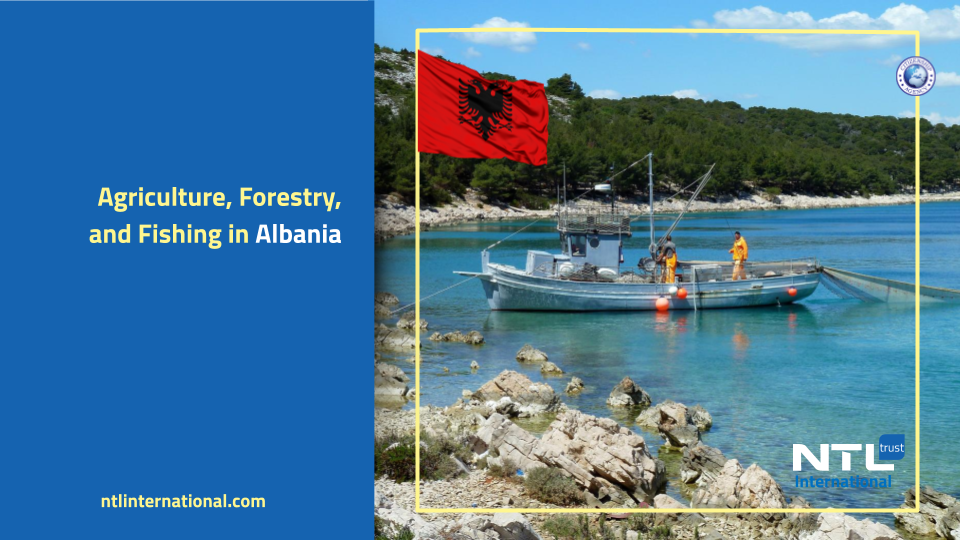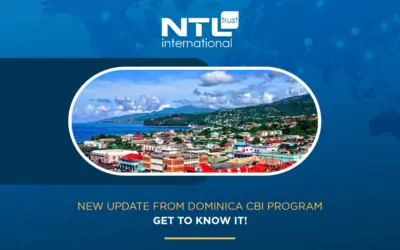
Agriculture:
Agriculture is an essential sector in Albania. One of the earliest agricultural lands in Europe has been found in southeastern Albania.
The former governments allocated substantial resources to the development of agriculture. Large-scale programs of land reclamation, soil improvement, and irrigation, as well as increased use of fertilizers, all contributed to a significant expansion of agricultural production. Later, agriculture has registered annual growth during the latest periods.
About half of the economically active population is employed in agriculture. Only one-fourth of the total land area is arable, yet the country meets nearly all its food needs from domestic production. Albania occupies a world leading position for olive oil production. The main crops are wheat, corn, sugar beets, and watermelons. Apples, plums, grapes, walnuts, and chestnuts are also grown. Citrus fruits are cultivated on the southern coast, as are figs and olives wherever there is sufficient irrigation. Major livestock are sheep, goats, cattle, and pigs so, meat and dairy products are available, and Albania is also famous for traditional medicine, aromatic plants and honey.
Forests:
Forests cover about one-third of Albania. The country has lost much of its forest area, however, due to clearance for agriculture, pasture, and fuel wood. In the mid-1990s the Albanian government joined with Italy and the World Bank to implement a forestry project, which included the strengthening of Albania’s environmental institutions and the introduction of sustainable forestry methods.
Fishing:
The Albanian fishing industry has great potential; however, due to a lack of professional fishermen and the use of antiquated equipment, it has not been fully developed. The catch in the Ionian Sea includes carp, trout, sea bream, mussels, and crustaceans. The country’s main fishing ports are at Sarandë, Vlorë, Shëngjin, and Durrës, the last of which is the country’s largest and most important. Port facilities have also been developed on inland lakes. Family-run trout farms have increased in importance, as have shrimp farms. Anchovies imported from other Mediterranean countries are canned for export.
Return of the Golden Visa Program in Portugal
The Portuguese Parliament has announced the return of the Golden Visa Program in Portugal
Did the British government revoke the validity of visa-free to Dominica?!
The British government has issued a decision regarding the imposition of a visa on holders of investment citizenship from Dominica
Dominica receives Iranian applications to obtain citizenship by investment, starting from July 17, 2023
Started receiving Iranian applications to obtain citizenship by investment in Dominica
The new process of Due diligence in Dominica to obtain citizenship by investment
The latest news about Due diligence in Dominica
Is The UK ETA a restriction or an audit system?
The UK ETA travel permit and holders of Caribbean nationality





